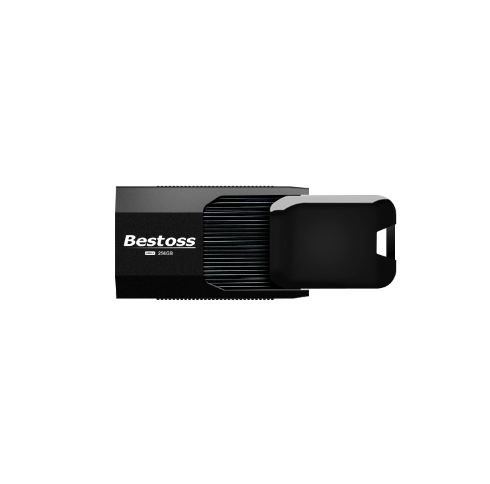- Home
-
Products
-
Product collection
-
- Application
- OEM&ODM
- News
- About Us
- Contact Us

Comparing USB Flash Drives to Other Types of Portable Storage Devices
In today's digital age, portable storage devices have become an indispensable tool for people's work and life. Whether it is daily file transfer, important data backup, or access to key documents at any time, choosing the right storage device is crucial. This article will deeply analyze various portable storage solutions and focus on the unique advantages of USB flash drives to help you make a smarter choice.
USB flash drive: a classic choice for portable storage
As an evergreen in the field of portable storage, USB flash drives (commonly known as U disks or thumb drives) continue to be favored by users due to their unique advantages:
Extremely portable: only the size of a finger, lightweight, can be easily put into a wallet or hung on a keychain.
Rugged and durable: Made of high-quality materials, shock-resistant and drop-proof, it can withstand the test of frequent daily use.
Plug and play: supports most operating systems, no driver installation is required, and true plug-and-play is achieved.
Rich capacity: provides storage space ranging from 8GB to 2TB to meet the needs of different scenarios.

Horizontal comparison of mainstream portable storage solutions
In addition to USB flash drives, there are other portable storage solutions on the market, each with its own characteristics:
External mechanical hard disk:
Massive storage: usually provides more than 1TB capacity, suitable for large file storage such as stock footage.
Outstanding cost-effectiveness: low unit storage cost, suitable for users with limited budgets.
Large volume: inconvenient to carry, and the mechanical structure is sensitive to vibration.
External solid-state drive (SSD):
Extremely fast transmission: using flash memory technology, the read and write speed can reach 5-10 times that of traditional USB flash drives.
Light and strong: no mechanical parts, strong impact resistance, smaller volume than mechanical hard disk.
High price: the cost is about 2-3 times that of mechanical hard disk at the same capacity.
Memory card:
Highly specialized: mainly serves specific devices such as cameras and driving recorders.
Various sizes: from microSD to CFexpress and other specifications.
Flexible expansion: can be transformed into a temporary USB flash drive through a card reader.
Typical application scenarios of USB flash drives
This classic storage device demonstrates unique value in many fields:
Office scenarios: quickly transfer meeting materials and presentation documents to solve the need for file sharing between devices.
Data security: Encrypted models can protect business secrets and prevent sensitive information leakage.
System maintenance: create a boot disk to reinstall the system, or run a portable Linux system.
Why USB flash drives are still the first choice for the public
Comparing various storage solutions, USB flash drives maintain obvious advantages in the following aspects:
Ease of use: no additional cables are required, and plug-and-play experience is the best.
Scenario adaptability: perfect for everything from student assignments to business presentations.
Cost-effectiveness advantage: strike the best balance between portability and capacity.
As a professional storage device manufacturer, Bestoss has always been committed to providing high-quality USB flash solutions. Our product line covers different series from entry-level to military-grade. Whether it is an economical style for daily office use or an industrial-grade product with IP68 waterproof and dustproof, it can meet the stringent needs of all types of users. Choosing Bestoss means choosing a reliable data storage partner, and let us escort your digital life.
By continuing to use the site you agree to our privacy policy Terms and Conditions.